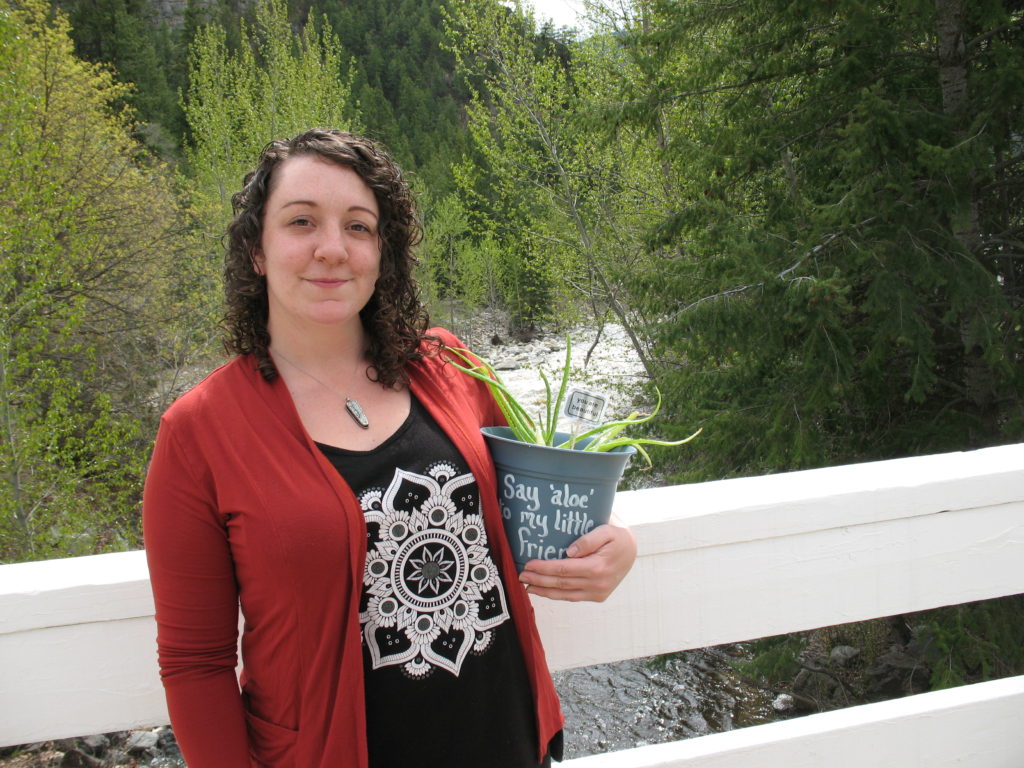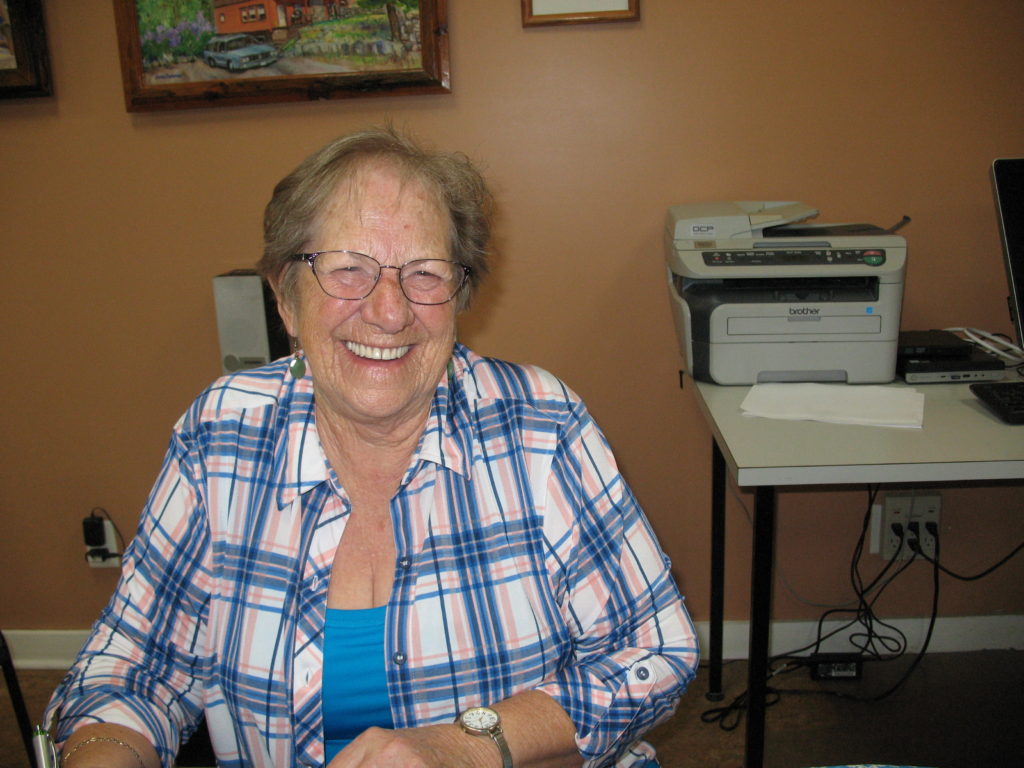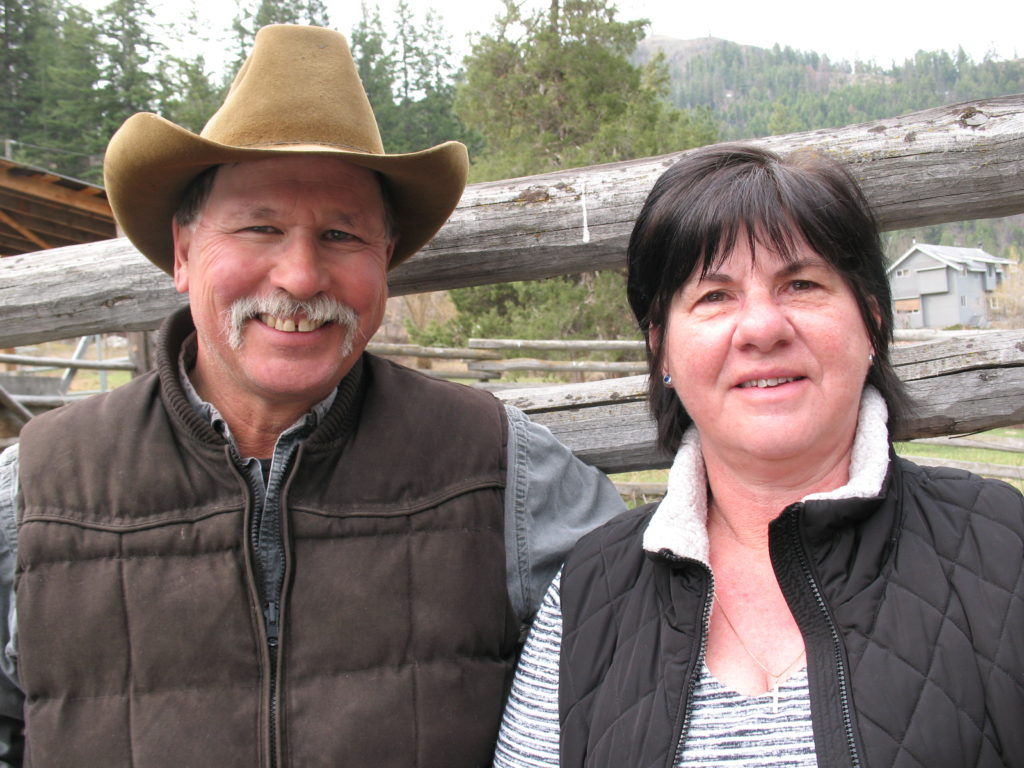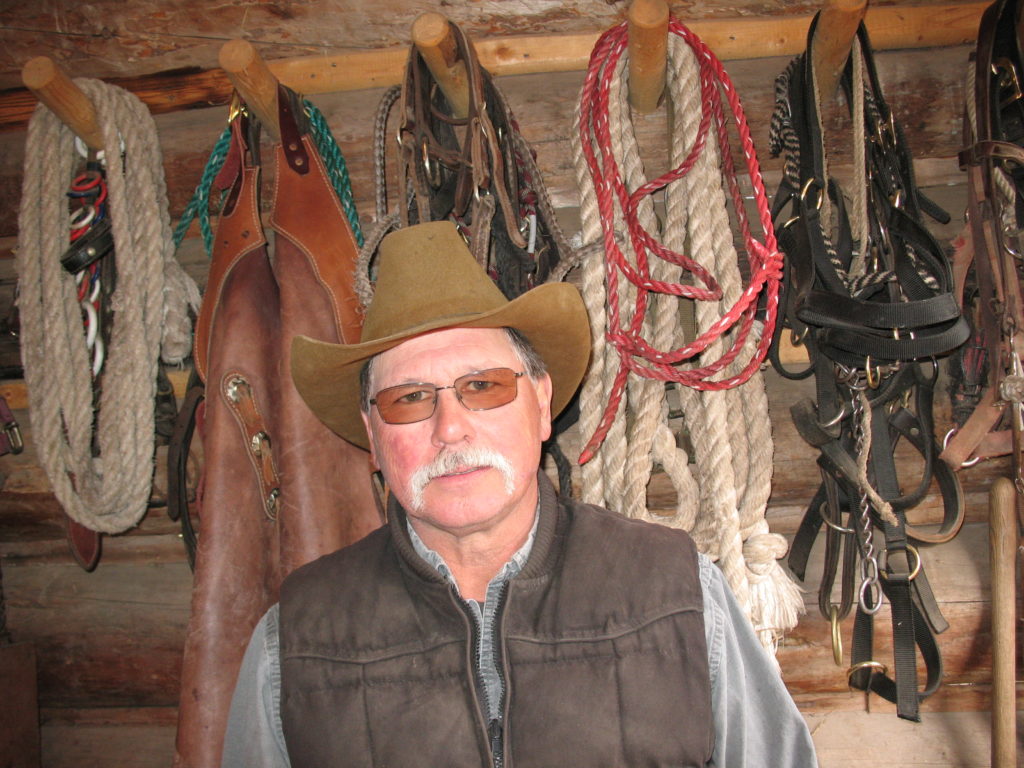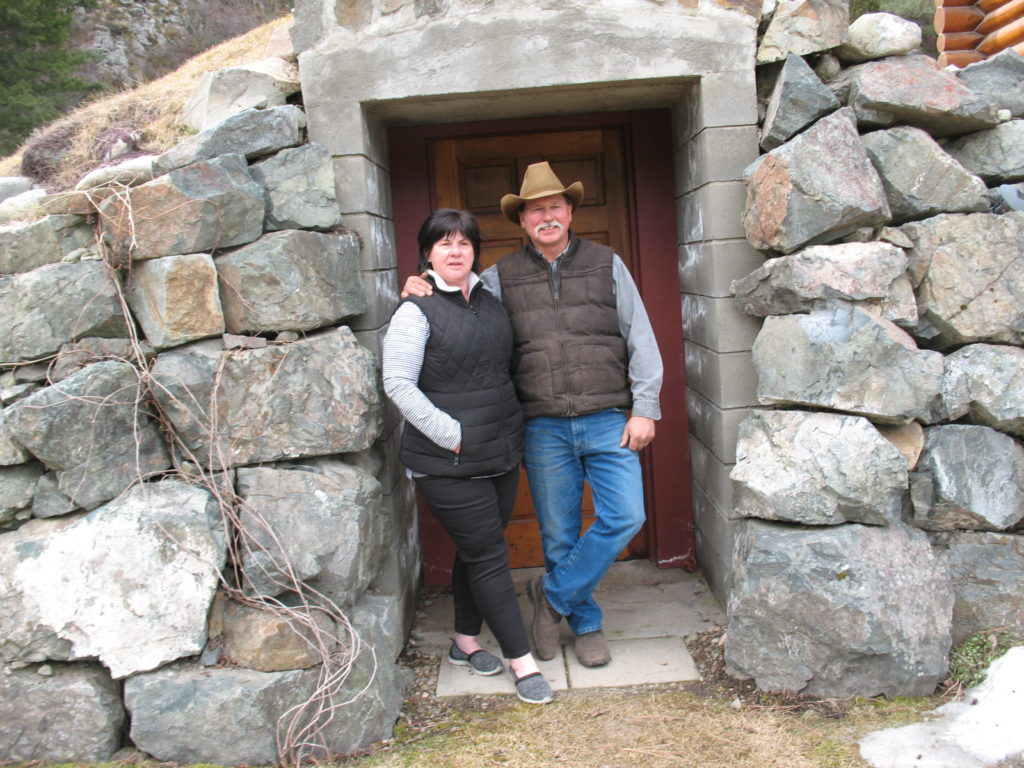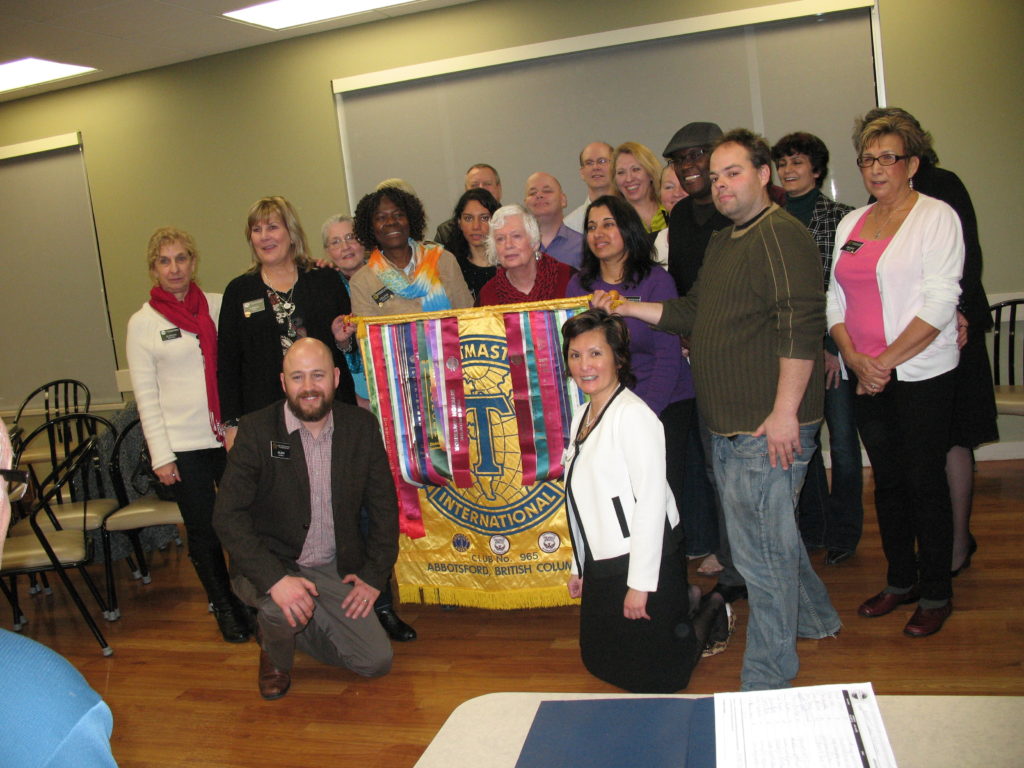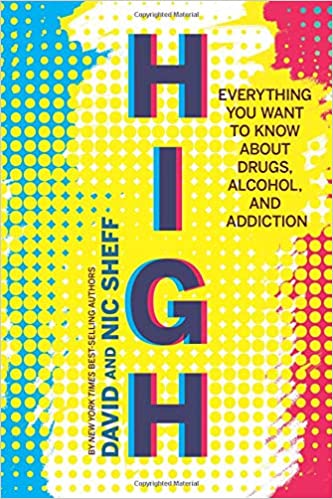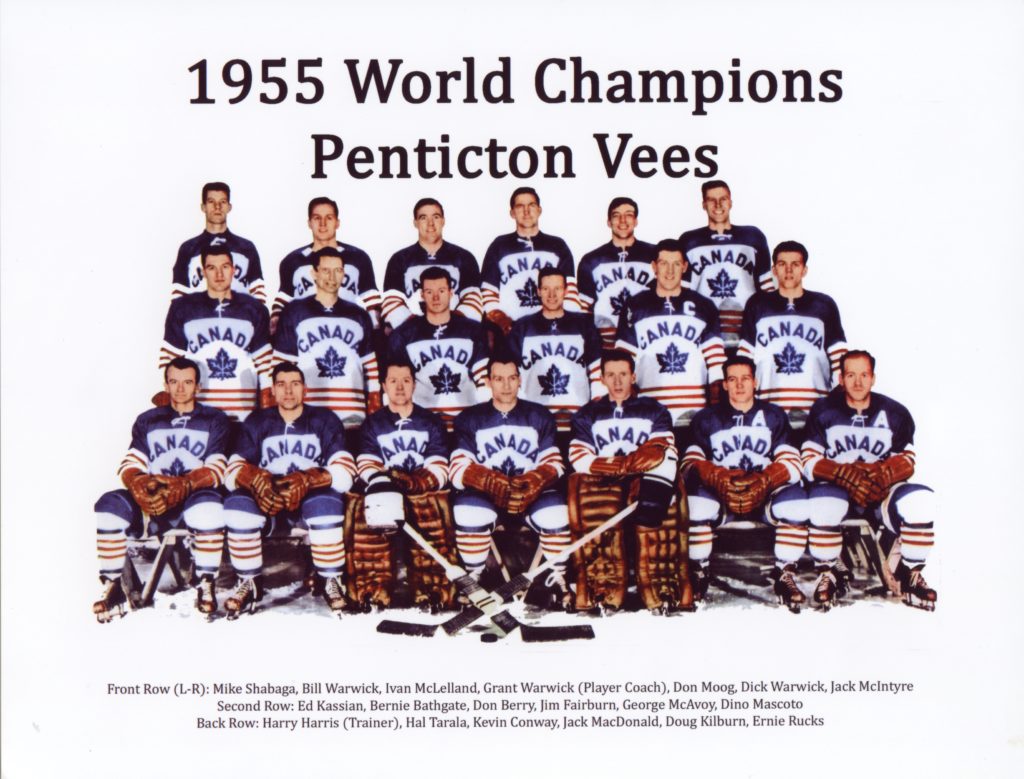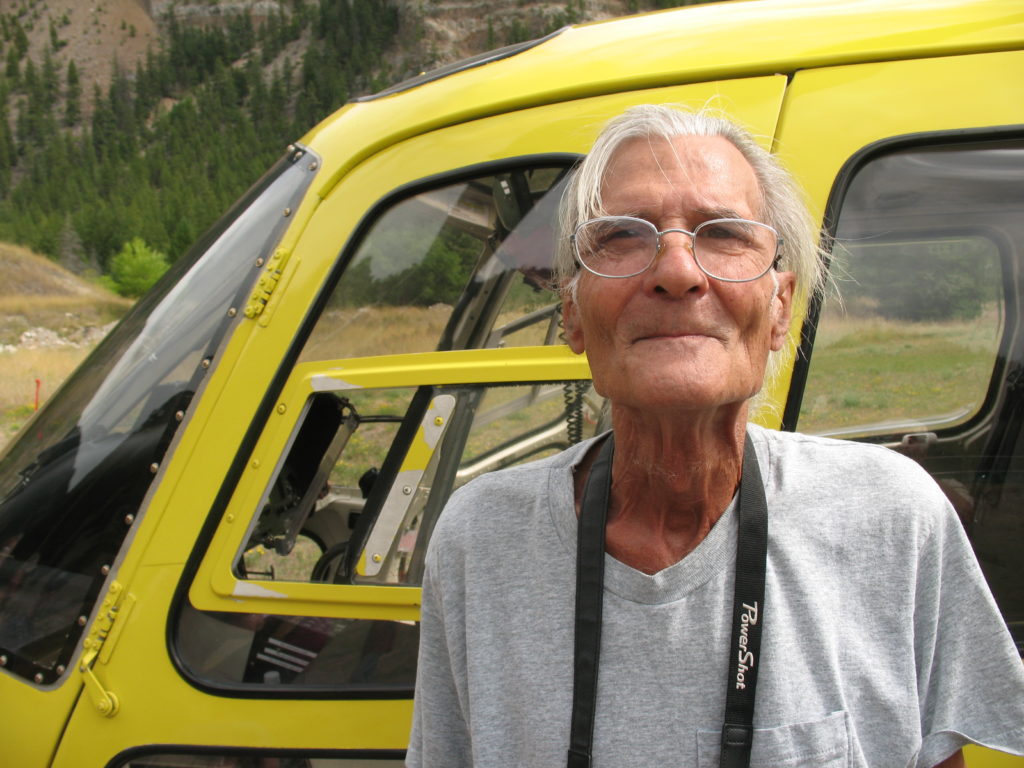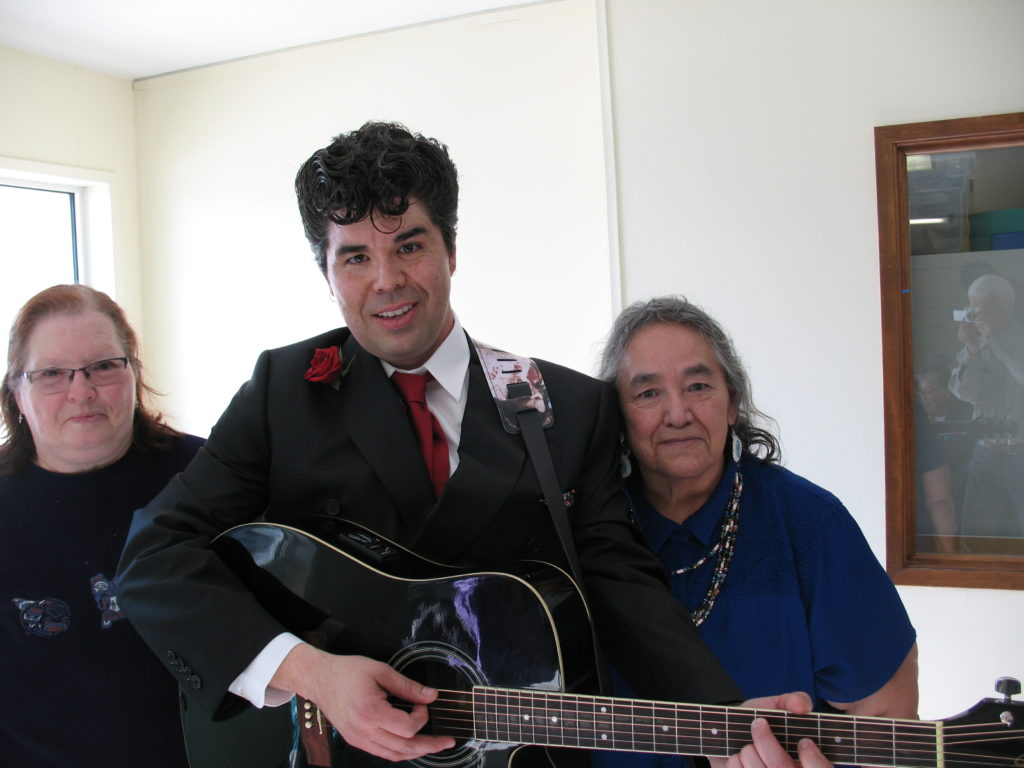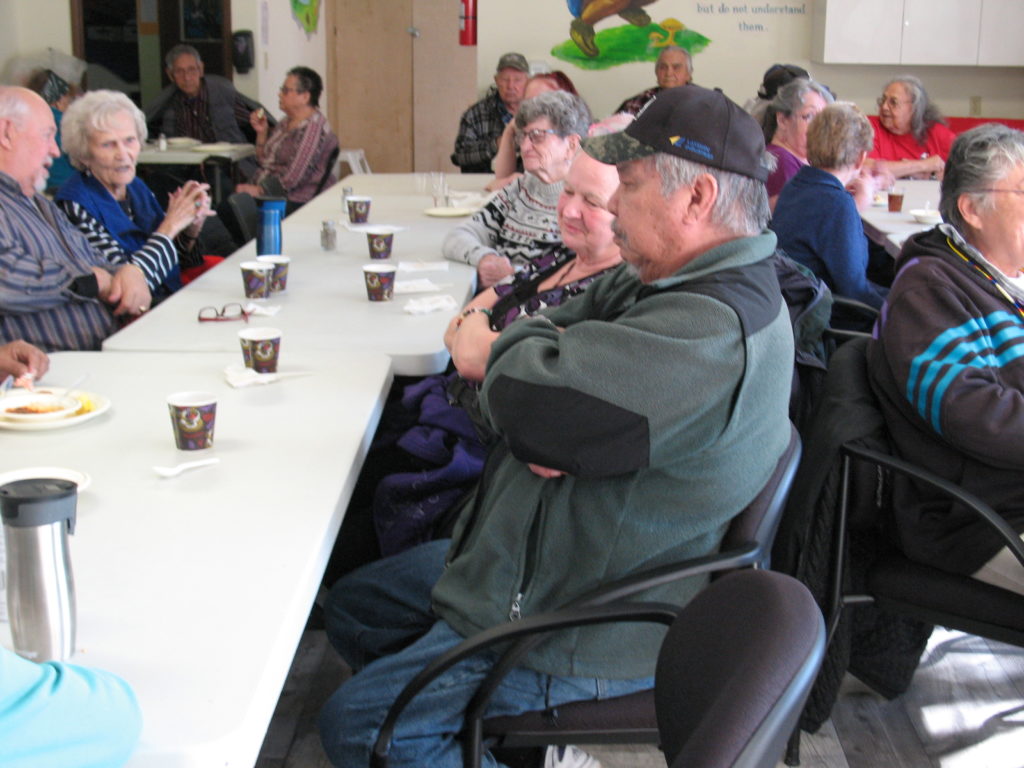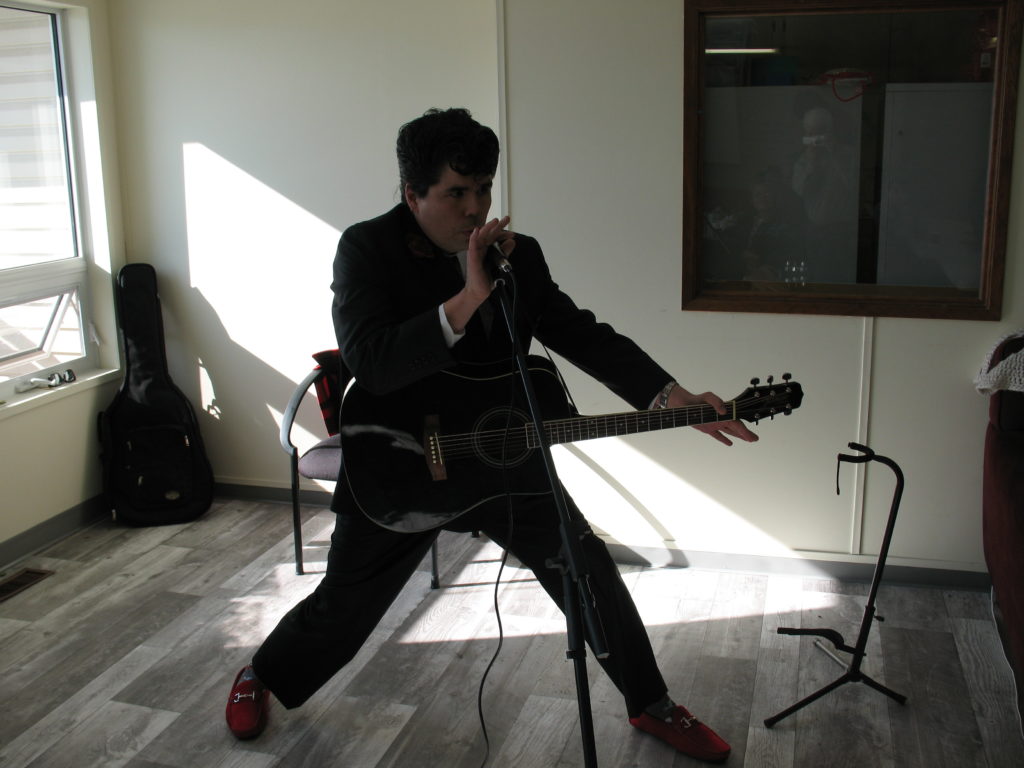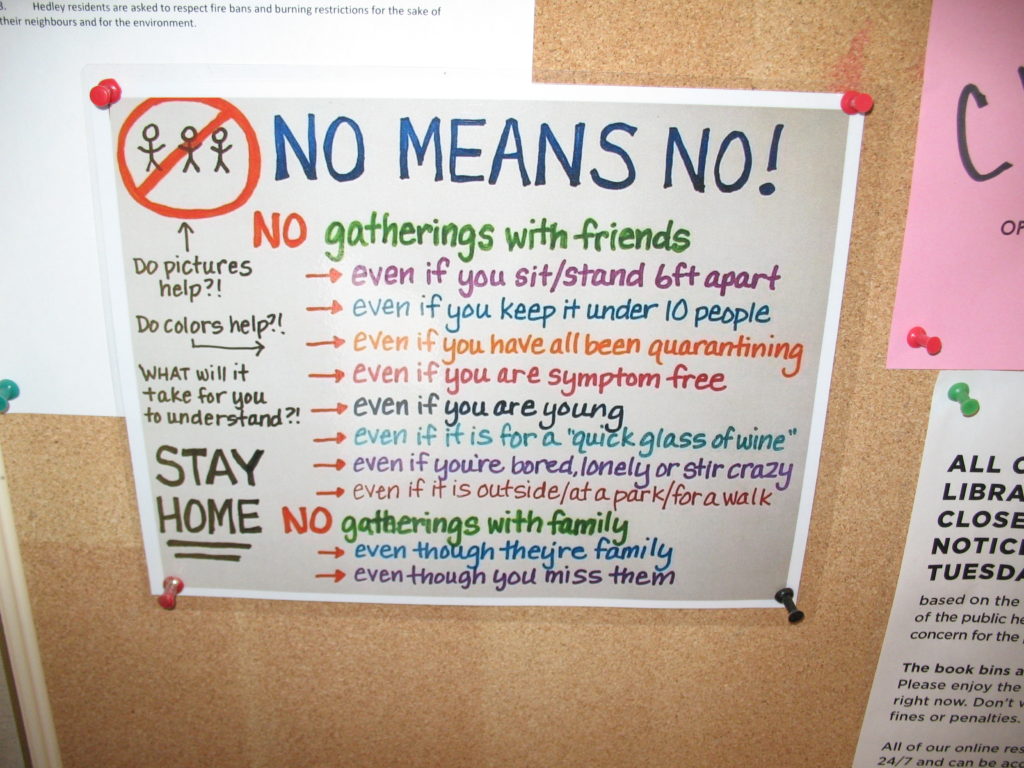
In the Hedley Post Office someone has placed a message on the bulletin board. It says, “No Means No.” The writer is deeply concerned about COVID-19 and advocates a monastic level of abstinence from social interaction.
In an email, Irvin expressed a vastly different perspective. He wrote: “Canada, true North, not so strong and Definitely not free. Closed the borders, made it illegal to gather in larger groups, restricted national travel, put people and businesses out of work. Created lineups just to get groceries.”
It is evident these two messages come from individuals who view circumstances and the world through very different prisms. I don’t know who placed the message in the Post Office. I do know Irvin though and we communicate by email regularly. I’m aware he devotes many night time hours to sitting in front of his computer, searching for “alternative truths” concerning COVID-19. We are friends but rarely agree on important issues.
I decided to respond to his litany of complaints. “Irvin,” I wrote, “I can understand that you’re becoming impatient with the restrictions. You just want everything to return to the way things were before the virus. We all want that, but our political leaders and medical experts are beginning to caution us we need to expect a ‘new normal.’ Dr. Bonnie Henry has said it’s very unlikely we’ll get to zero cases in our country this summer. She has said we really are in uncharted territory and if we are complacent we could be hit by a second wave. Then everything we have gained and the price we have all paid would be for nothing.”
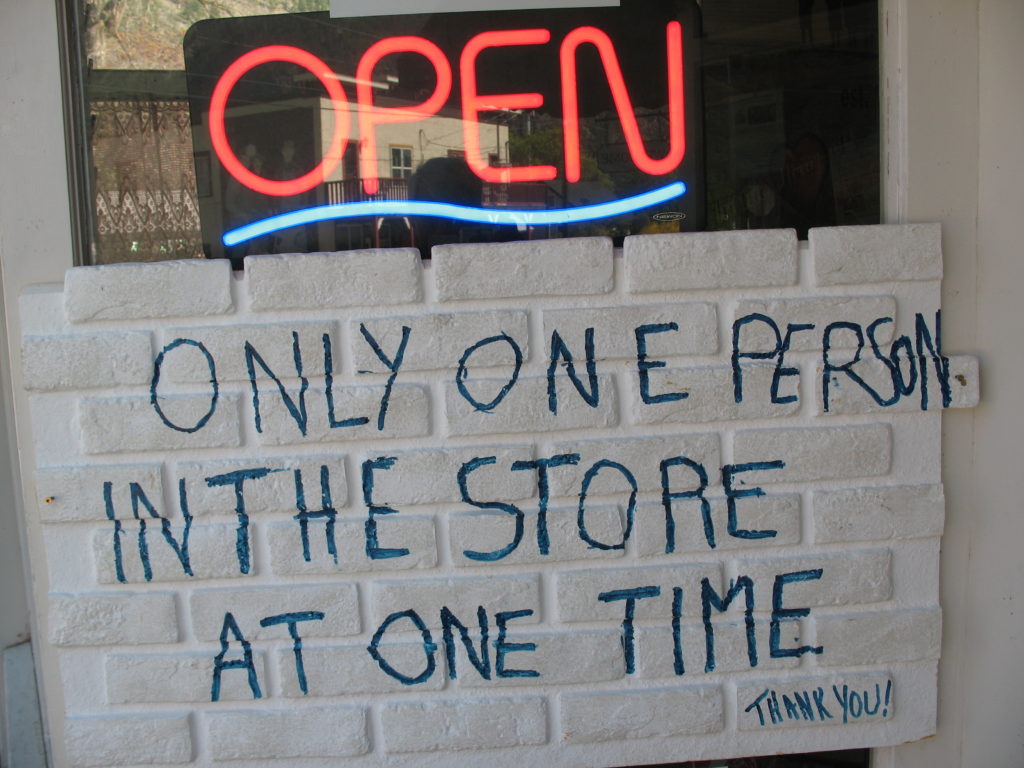
There was more I wanted to say. I heard this week that a new mutation had already been detected in February, and British researchers have reported numerous unanticipated mutations. Dr. Henry has described COVID-19 as “devious.” Dr.Theresa Tan, Canada’s Chief Public Health Officer, has admitted that “there is still much more we don’t know about this virus, like the extent of silent spread by nonsymptomatic individuals. It’s the most transmissible virus we’ve seen to this time. We’re trying to understand it.” From our many discussions over the years, I realize Irvin has a limited attention span, especially when he disagrees with my opinion, which is most of the time. Knowing he will discount anything I have to say on this subject, I didn’t mention these last items.
Irvin responded within minutes. “Art,” he wrote, “you’re listening to the wrong people. I agree with President Trump. It’s time to get the economy going. He believes America will be highly prosperous again soon. I read online this morning that the Democrats want to use the virus to destroy the U.S. dollar so they can impose even greater restrictions. I’m sending you some blogsites to look at so you will have accurate information.”
The blogsites were pretty much a jumble of confusing conspiracy theories. The lens through which he was looking offered a distorted view of reality. I do understand Irvin’s fervent desire for a return to our nation’s earlier “normal” state. Not having been able to visit Linda’s 96 year old mother, or our children and grandchildren, we have it too. We’re in difficult times though, and just wishing it won’t make it reality. Neither will Donald Trump’s confident assertions bring a speedy return to health and prosperity.
I decided not to trouble Irvin with possible economic ramifications of the virus. Canadians already have record debt levels. Will we be able to do our part in breathing life back into a battered economy? Also, many of our most important corporations are losing money and laying off employees. Air Canada reported losing a billion dollars in the first quarter of 2020. The federal and provincial governments are borrowing and giving away tens of billions, which surely will have to be repaid. In spite of Prime Minister Trudeau’s talk of “when our economy comes roaring back,” it may take more time than we like.
I’m aware that my perspective will be discounted by Irvin, and probably many others, anxious to get back to normal. Even though we may not be convinced that “No Means No”, to avoid further grief in coming months, we’ll be wise to heed the advice of Dr. Henry and other medical authorities. Also, except for the very wealthy, this may not be an ideal time to place an order for a new Ferrari.

